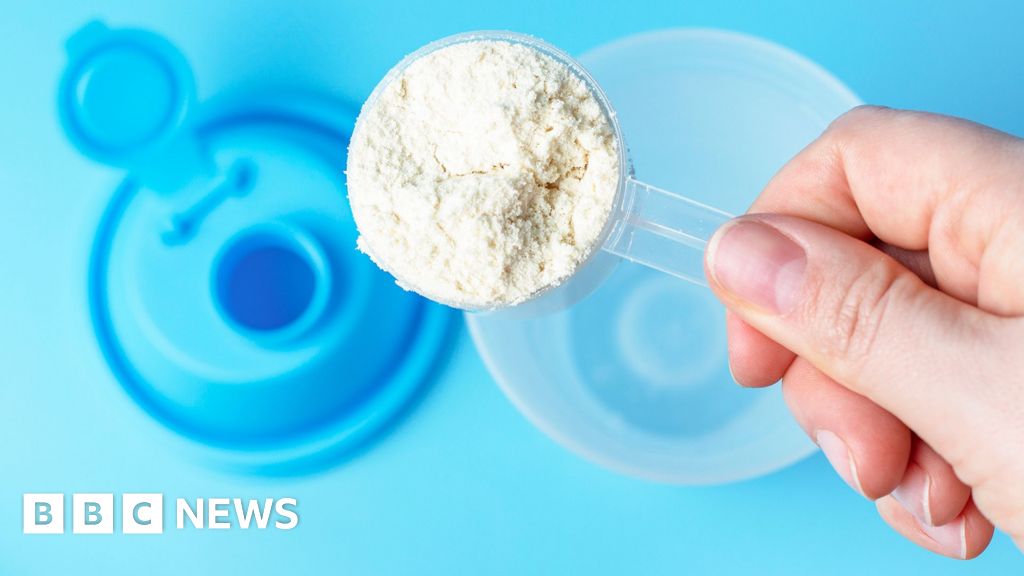
"Originally known for enhancing the performance of bodybuilders and athletes in the 1990s, this white powder is now entering the spice cupboards (well, that's where I store mine) of women in their 40s. It's arguably one of the world's most researched supplements. Thousands of studies have been carried out over the past few decades evaluating its ability to increase muscle mass and overall strength."
""Creatine has become so big, you feel that if you are not using it, you are kind of losing out," says Dr Henry Chung, a lecturer in sport and exercise science at the University of Essex. "It's moved from elite sport into the mainstream. It's not about whether to take it anymore, it's about when to take it - before or after exercise? Everyday? How much? "In which form is best? Powder, tablets, gummies?""
"Creatine is a naturally occurring compound which is stored in our muscles, and helps our cells produce energy. It is a vital component in the ATP-CP system, the fastest, most powerful energy system in our bodies. It fuels the first 10-20 seconds in high intensity workouts - giving that quick, powerful burst of energy. From lifting weights to sprinting round the track, research suggests creatine supplementation can help improve performance."
Creatine is a widely researched supplement that enhances muscle mass, strength, and high-intensity exercise performance by supporting cellular energy production. It is stored in muscles and fuels the ATP-CP system, powering the first 10–20 seconds of intense activity. Supplementation has proven benefits for lifting, sprinting, and other short-burst efforts. Emerging research suggests potential cognitive benefits, including improvements in short-term memory, mood and focus, though evidence remains relatively limited. Common practical questions concern timing, dosage, and formulation. For some people with persistent post-viral brain fog, creatine may offer symptom improvements, but further research is needed.
Read at www.bbc.com
Unable to calculate read time
Collection
[
|
...
]